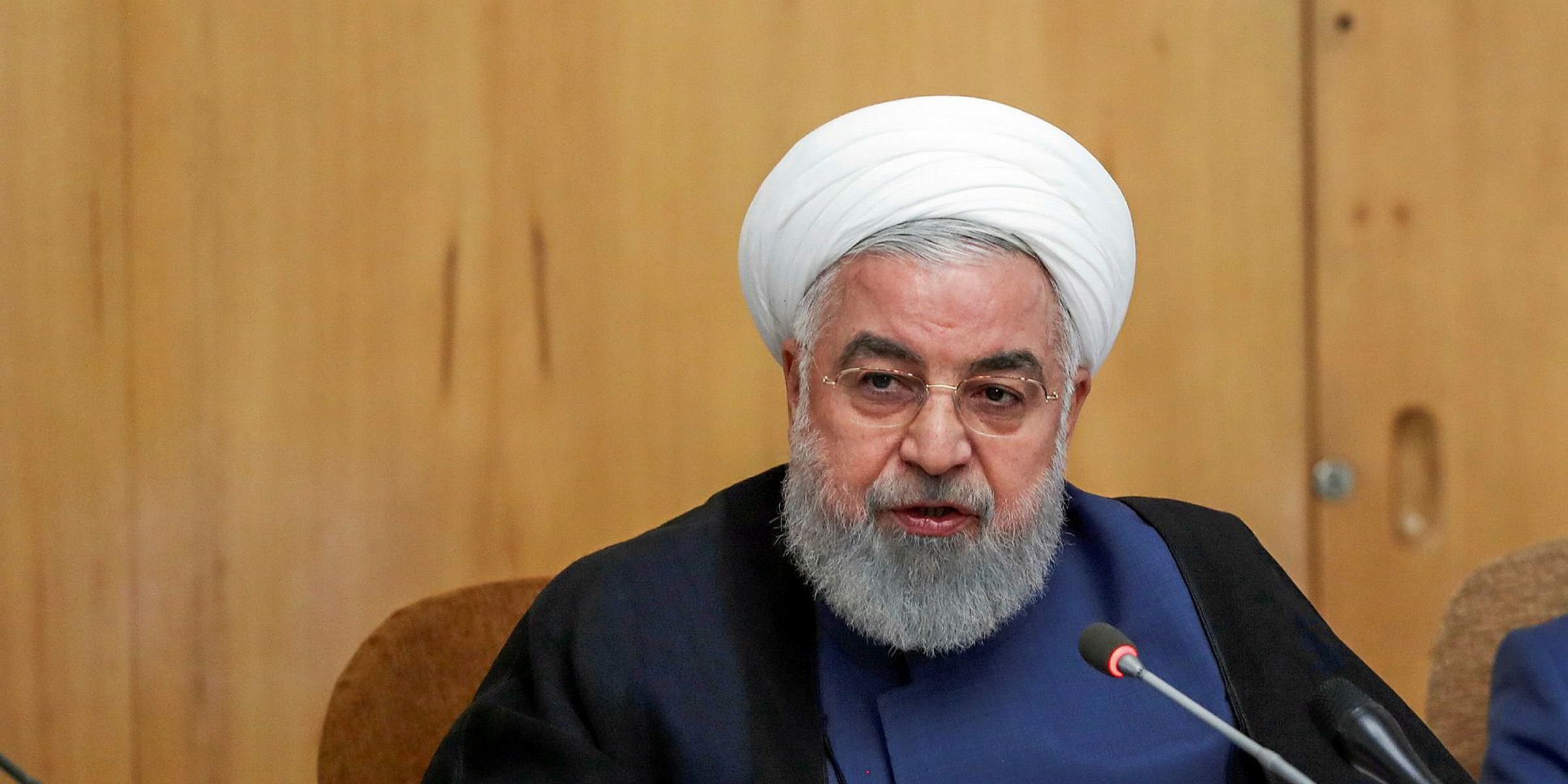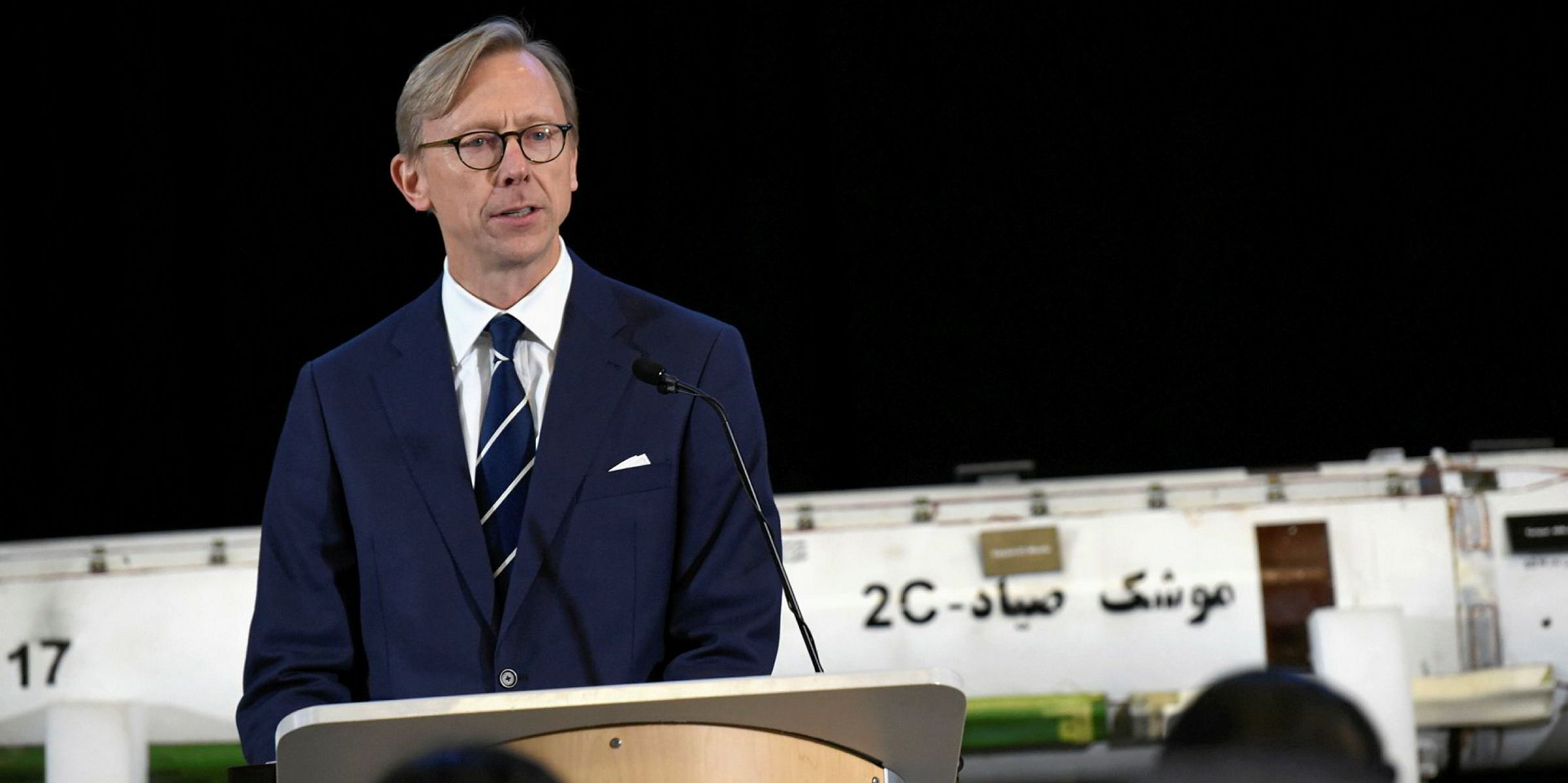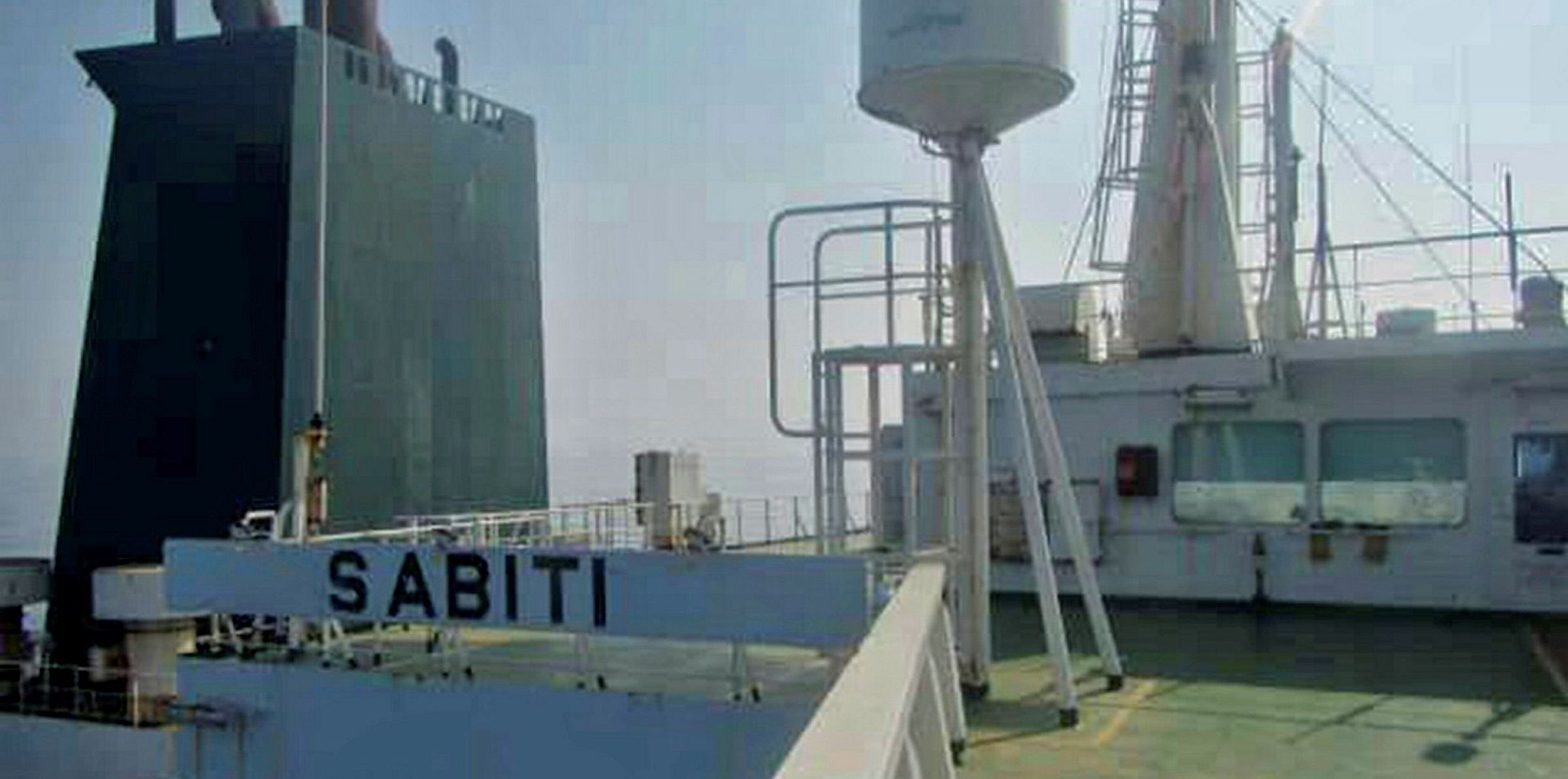Iran has warned that what it called a "cowardly" attack on one of its tankers off Saudi Arabia on Friday will not go unanswered.
A government spokesman was cited by Reuters as saying the country would respond when it has studied the facts.
The 160,000-dwt suezmax Sabiti (built 1999) was reportedly hit by two missiles off Jeddah, causing a fire and small oil spill.
"Iran is avoiding haste, carefully examining what has happened and probing facts," government spokesman Ali Rabei told the official news agency IRNA.
A senior security official also said video evidence had provided leads about the incident.
"A special committee has been set up to investigate the attack on Sabiti...with two missiles and its report will soon be submitted to the authorities for the decision," said Ali Shamkhani, secretary of Iran's top security body, according to the Fars news agency.
"Piracy and mischief on international waterways aimed at making commercial shipping insecure will not go unanswered," he said.
Rabei added: "An appropriate response will be given to the designers of this cowardly attack, but we will wait until all aspects of the plot are clarified."
Three holes opened in tanker
Nasrollah Sardashti, managing director of Sabiti's owner NITC, told TradeWinds over the weekend that the attack caused three holes in two tanks on the vessel's starboard side.
He said the crew were all okay and that pollution was "slight but all under control very quickly."
The NITC head later told the Shana news agency that the ship would reach Iran in 10 days.
There was no claim of responsibility for the reported incident and it has yet to be independently confirmed.
The Mehr news agency cited a Saudi Arabian official as saying: “At 11:47 local time on Friday, an e-mail was received from Jedda seaside station including a message from Sabiti’s captain.
“The message said the bow of the tanker was damaged causing oil released into the sea."
He said the vessel's AIS was off and it did not respond to attempts to contact it.
Political risk consultancy Eurasia Group said that it did not have firm evidence about who may have been behind the incident.
"The proximity of the tanker at the time of the attack to Saudi Arabia's Jeddah port might imply that the missiles could possibly have been launched from the kingdom," Eurasia said in a statement.
"Another plausible theory is that it was an Israeli sabotage operation...The purpose would be to disrupt Iranian tanker activity in the Red Sea corridor as it heads toward the Suez Canal.
"A third possibility would be that the attack was conducted by a terrorist group."






